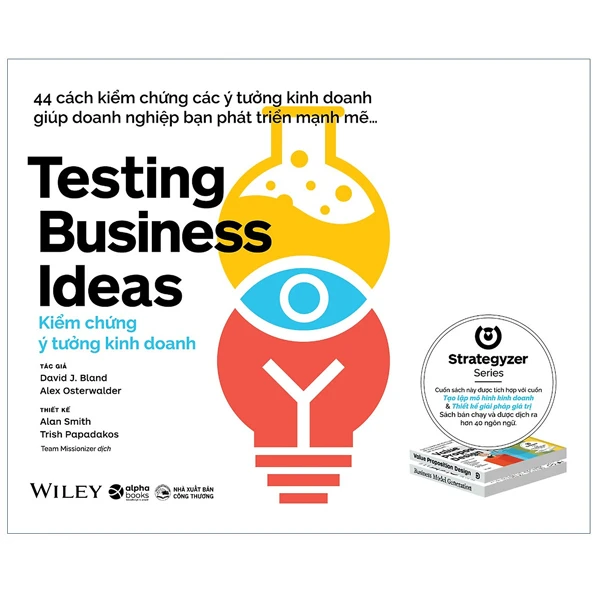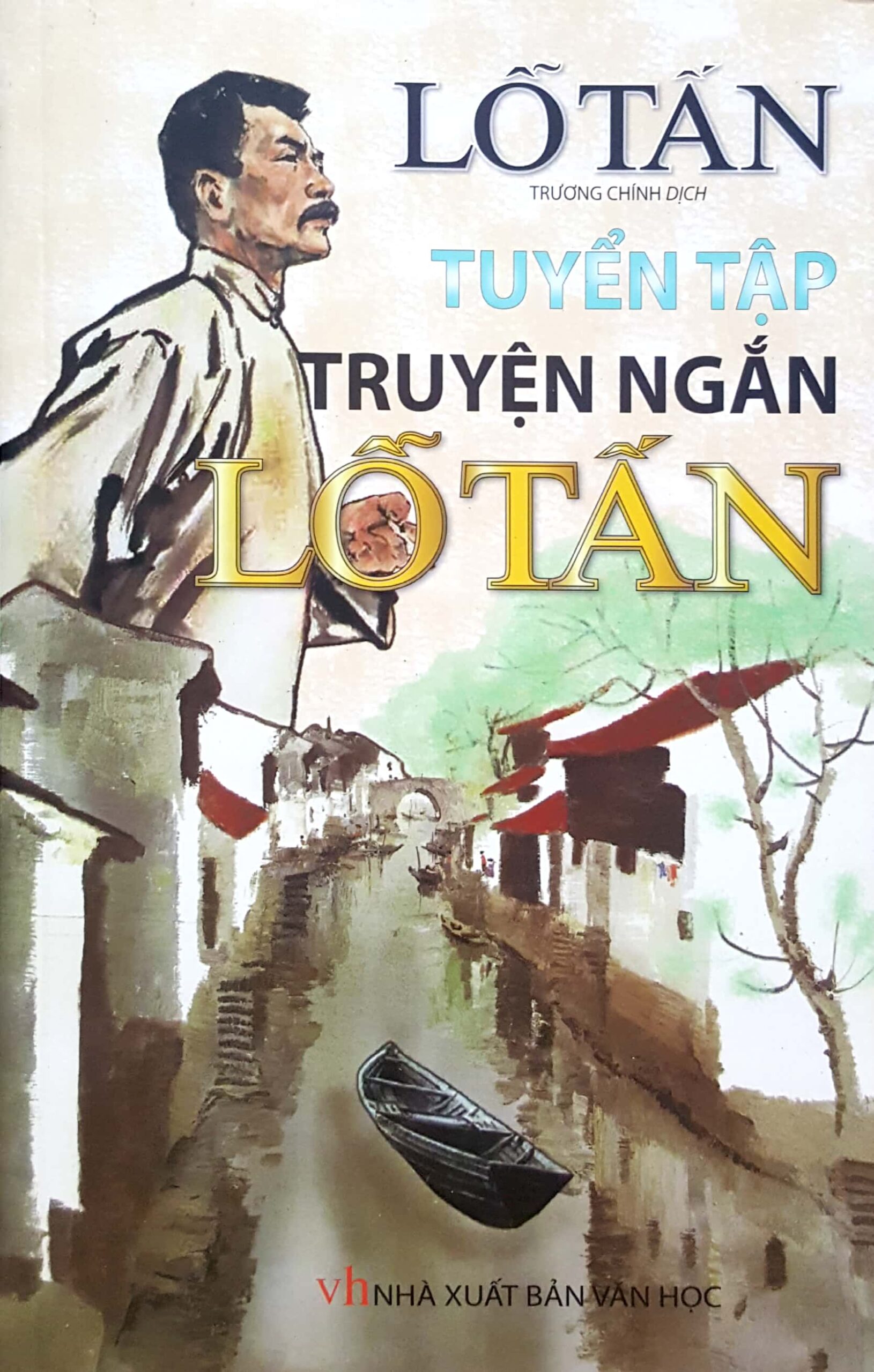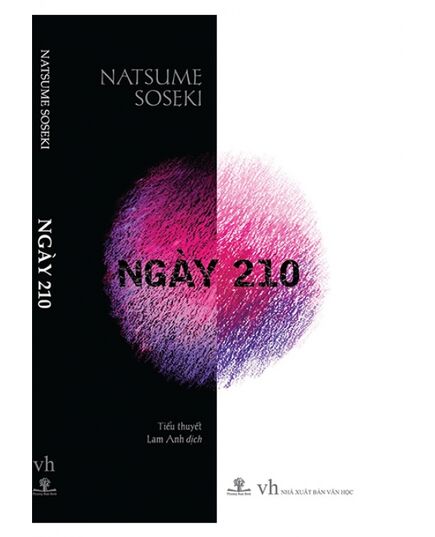Review: “Rich Dad Poor Dad” by Robert Kiyosaki – A Bold & Controversial Approach to Real Estate Investing
Robert Kiyosaki’s “Rich Dad Poor Dad” is a powerful and controversial book that has sparked heated debates about the role of real estate in building wealth. The book, disguised as an autobiographical account, offers a unique and often aggressive perspective on conventional financial wisdom. Here’s a breakdown of its strengths and weaknesses:
Strengths:
- Focus on Financial Literacy: The book emphasizes the importance of financial literacy and challenges readers to question traditional financial advice, promoting a more active approach to wealth creation.
- Real Estate as a Tool: Kiyosaki champions real estate as a powerful tool for building wealth and securing financial independence. He highlights its potential for passive income generation and asset appreciation.
- Challenging Assumptions: Kiyosaki encourages readers to break free from the “rat race” mentality of working for money and instead focus on building assets that work for them.
- Accessible Language: The book is written in a clear and engaging style, making it accessible to readers with varying levels of financial knowledge.
Weaknesses:
- Oversimplification: The book simplifies complex financial concepts and often uses anecdotes and personal stories to drive its points home. This can lead to generalizations and a lack of nuance.
- Controversial Opinions: Kiyosaki’s views on traditional investing, education, and financial institutions are often controversial and may not resonate with everyone.
- Limited Practical Advice: While the book outlines the potential of real estate, it lacks detailed practical advice on specific investment strategies, legal considerations, or market analysis.
- Focus on Speculation: The book promotes a “buy low, sell high” mentality, which can encourage risky investment decisions and speculation.
Overall:
“Rich Dad Poor Dad” is a thought-provoking read that can challenge your financial mindset and inspire you to pursue financial independence. However, it’s crucial to approach its advice with a critical eye and consult with professionals before making any significant investment decisions. While the book may not offer concrete financial advice, it serves as a valuable starting point for those interested in exploring real estate as a wealth-building tool.
Recommendation:
This book is recommended for readers who are:
- Interested in exploring alternative wealth creation strategies.
- Open to challenging traditional financial paradigms.
- Seeking inspiration to build financial freedom.
However, if you are looking for a comprehensive guide to real estate investing with detailed practical advice, this book may not be the best choice.


 Đang tải dữ liệu
Đang tải dữ liệu












Chia sẻ ý kiến của bạn